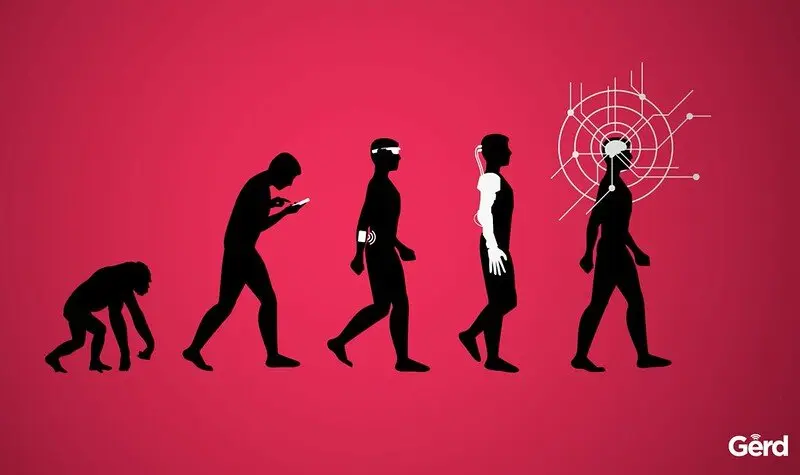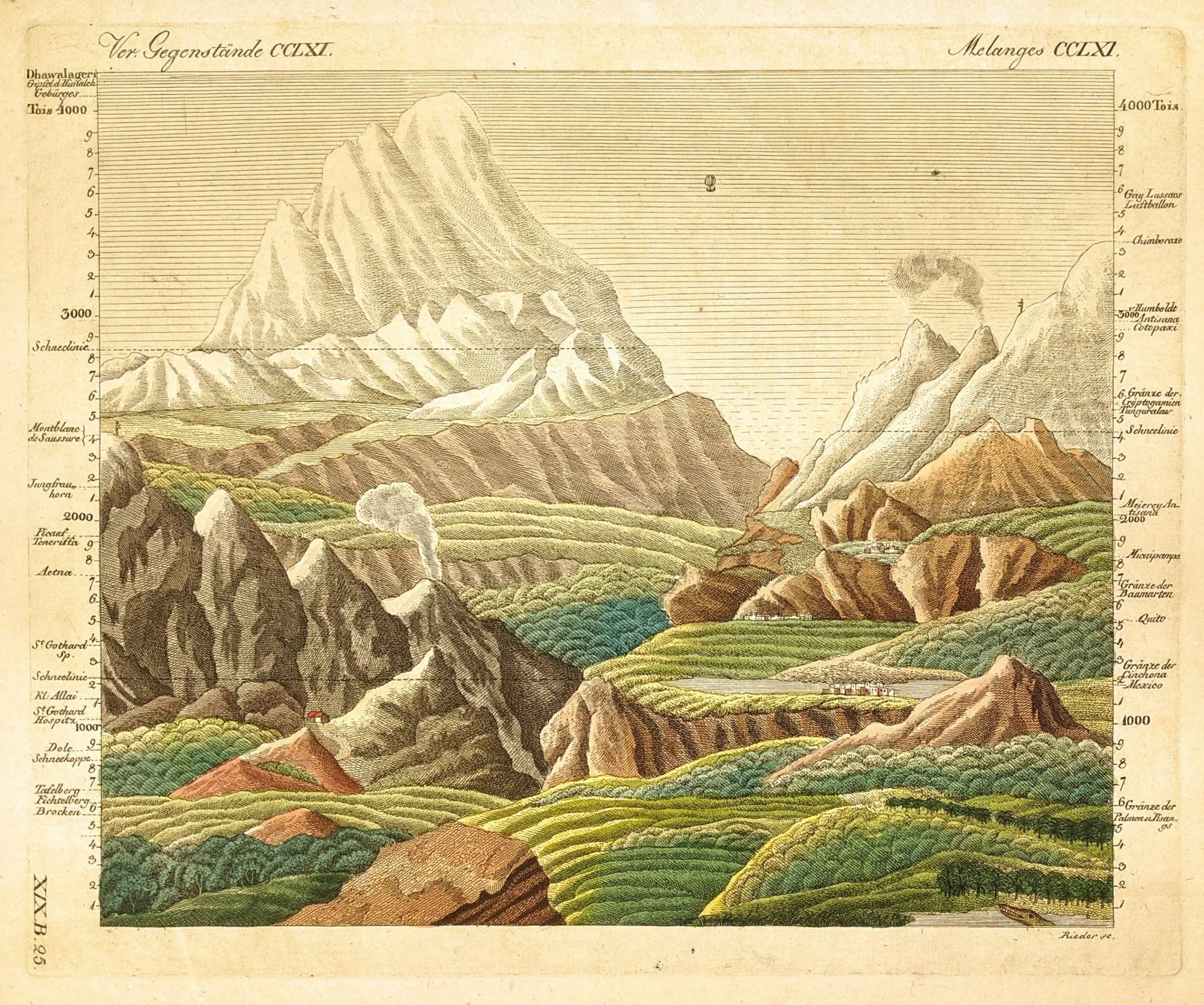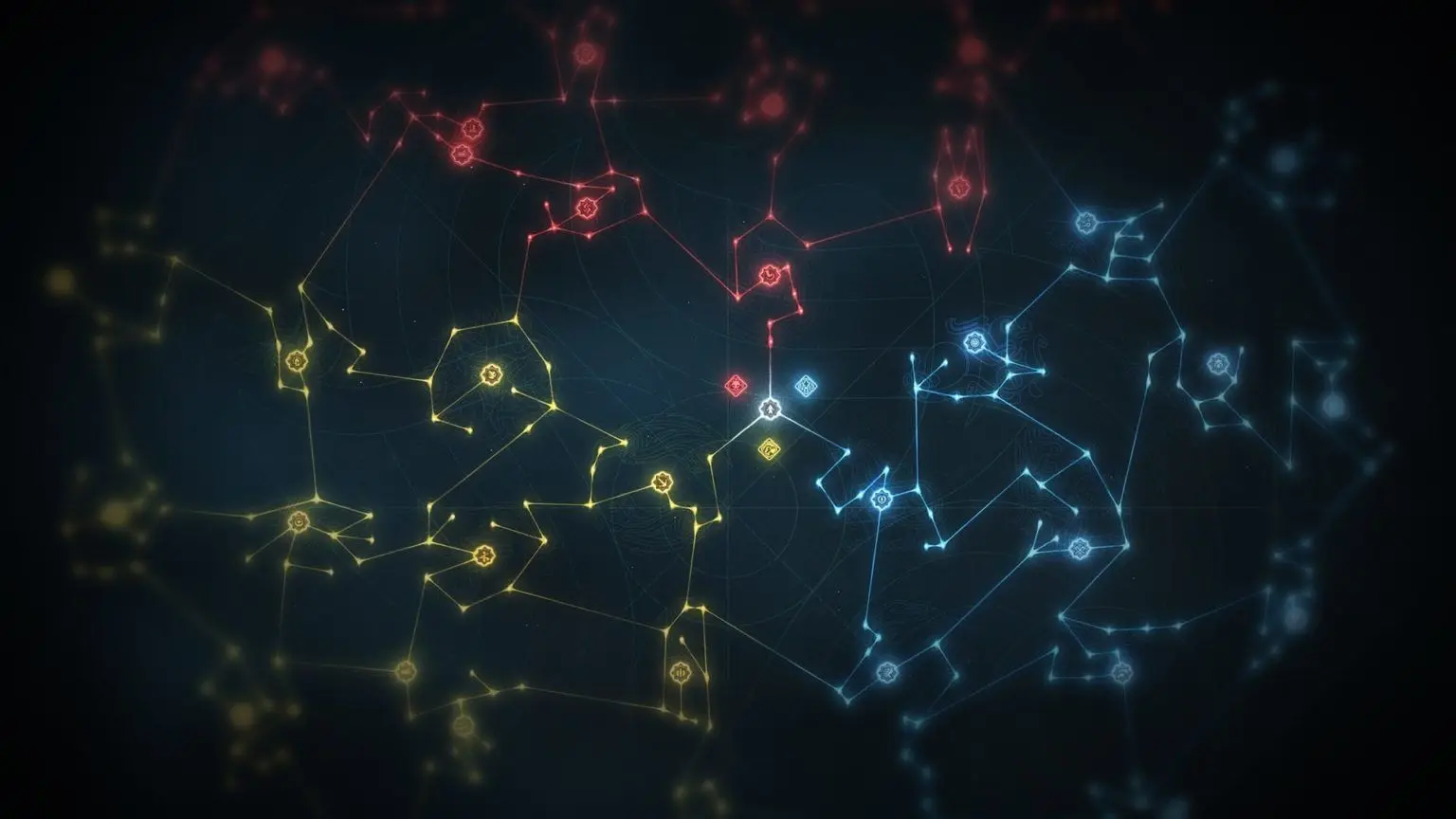danah boyd is certainly smarter than I, but I nitpickely disagree with the tone her post on Deskilling on the Job. I was going to keep my mouth shut, but the I thought “Eh, I’m writing about education and AI and AI scaremongering now, so let’s go for it.” I’m not going to tear her entire post apart, fyi, because we are in the same camp, and my disagreements are minute. This post isn’t really about her post. It’s about AI and deskilling and more about the idea of “Deskilling” itself.
boyd is wondering aloud what happens when complex skills are automated away. It’s an excellent, thought-provoking post, but I can’t follow the logic of “we will have no highly skilled people anymore”.
I would argue that “deskilling” is sort of a non sequitur. The term is misused aplenty, but in academic circles it’s used to explain the way that skills within a particular industry are reduced or eliminated due to automation. “Deskilling” is about the intersection of technological, economic, and social forces that shape the nature of work.

The term “deskilling” sounds like “losing skills”, but that’s not exactly what it means. There are tons of jobs that don’t exist anymore because of advancements in technology. When is the last time you met a Lamplighter? And yet, surely you can light a gas-powered lamp? The issue isn’t that people are unlearning skills they previously had so much as our advancements are changing the skills required to participate in society.
The fear around people being unable to perform certain skills is certainly warranted. Just the other day on the Tao of WAO, we were talking about the decrease in vocational skills as young people choose not to learn carpentry, mechanics or electrical repair. Society is changing, these jobs seem to be no longer particularly attractive. But it’s not because there are now robots or AI that can fix your transmission.
Extremity is non-representative
Taking an extreme case study of a pilot who saved the plane and happened to be someone who taught other pilots how to react in emergency situations is an excellent way to make a point about job skills getting lost to the machine. Looking at both the computer and human error of the air traffic controllers is an excellent way to make the point. But extreme cases are non-representative, and there are other people who could have landed that plane. I laugh at the idea that pilots can’t fly planes, by the way, because there’s a John Cusack movie called Pushing Tin in which the air traffic controllers make fun of the pilots for being pilots.

Although extreme cases are non-representative, we can point to plenty of historical figures who, despite other opportunities (and hardships), chose to make the impacts they did. Alexander von Humboldt, Marie Curie and bell hooks all followed their intellectual interests driven by passion rather than employability. They wanted to do the work they did, and they made an impact because of their own motivation.
Society is not structured to support the work that people want to do. It remains a form of privilege to be able to choose a particular path based on interest. Gaining that privilege is part of what education is all about.
Skills are changing
In life, our skills and cognitive ability deteriorate. I’m certainly not arguing that we don’t lose skills over the course of our lifetime. I can no longer do a split, a handspring or a triple Lutz (to be fair, I could never do a triple Lutz). But when we’re talking about skills needed on the job, the idea of “deskilling” as a problem doesn’t sit quite right. Why shouldn’t we automate tasks that a machine can do faster and more easily? We’ve been doing this since we invented pulleys.

The skills we need on the job are changing. The doctors still need to understand the human body and add their expert opinion to their documentation (which, by the way, I don’t see as “junk work”). They could, however, save themselves time by asking collective memory for information. The skills a pilot needs to fly and land a plane are, apparently, changing as well. However if the definition of a pilot is “someone who can fly and land a plane” the how of it doesn’t matter. The new pilots will be those who can troubleshoot and still land the plane.
Cognitive Advancement
Recall ability is important for cognitive health. The myth is that technology has damaged our ability to think, focus, our attention spans. But there is ongoing debate about the impact of the internet on our attention and cognitive abilities. Things are far from settled when it comes to the potential of our human brains.
So what if instead of contemplating that “deskilling” is going to lead to a population without highly skilled experts, we think about how expertise will change? What if the new tools help humans develop cognitive skills that we never knew we had? What if we have a capability for skills that solidify relationships between recall and intuition? What if our instincts start to play a bigger role in work and society? What does that look like?
Excellent. Shared